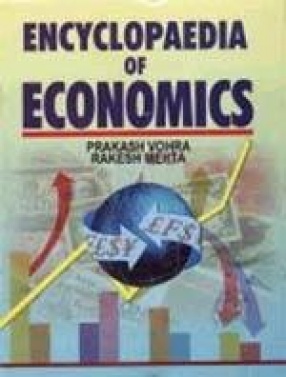
Showing all 11 books

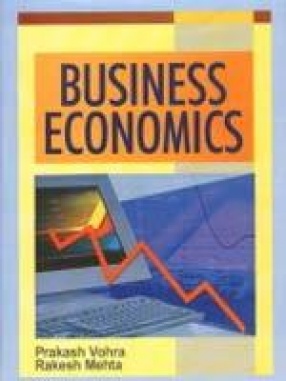
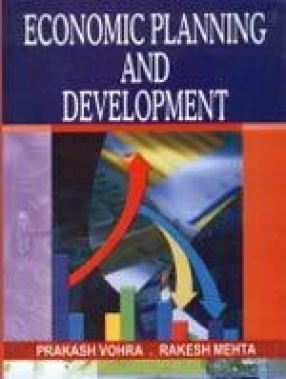
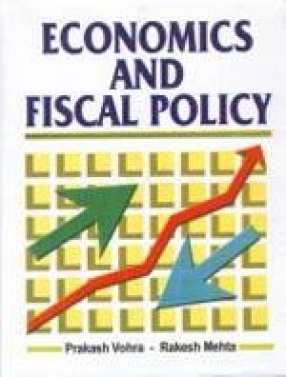
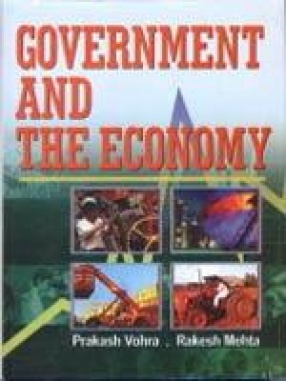

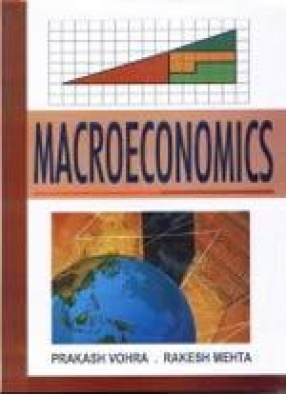
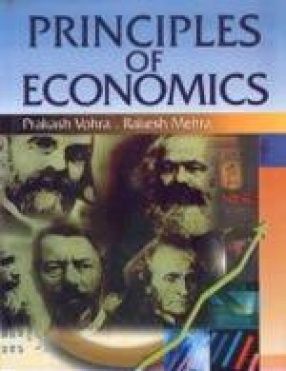
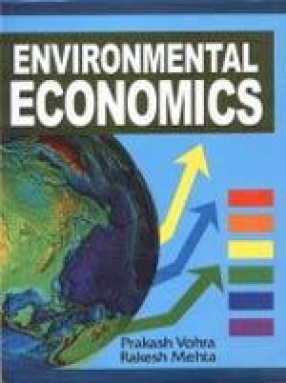

Economics can be defined as the scientific study of the choices made by individuals and societies in regard to the alternative uses of scarce resources which are employed to satisfy wants. Humans devise systems to share out these scarce resources between themselves. Economists are interested in describing these systems and finding the best methods. Economics has been recognised as a special area of study for over a century. Virtually all colleges offer courses in ...
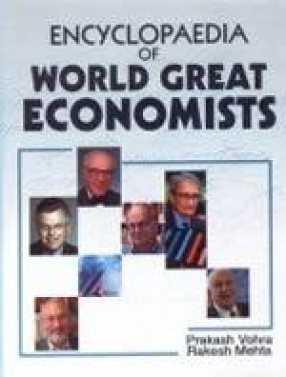
Economics is being employed by individuals and societies since prehistoric times for their betterment and to satisfy their wants even before it was recognised as a subject or as a special area of scientific study of choices made by individuals and societies in regard to alternative uses of scarce resources which are employed to satisfy their wants and needs. When it comes to great economists, a few thinkers dominate the landscape. In broad span of time since ...

Business economics as a profession was largely unknown until the depression ridden 1930s, when economists assumed important positions in the government. As an academic discipline, economics goes back more than two centuries. Business began to employ economists in increasing numbers after World War II. Since then, the profession has grown rapidly. Currently, business economists are at work in manufacturing, mining, transportation, communications, banking, ...
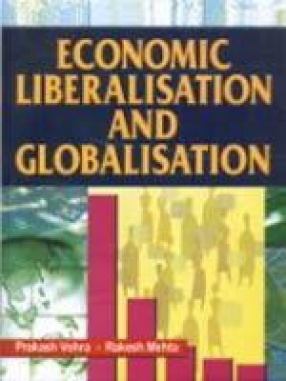
Globalisation is the changes in societies and the world economy that result from dramatically increased international trade and cultural exchange. It describes the increase of trade and investing due to the falling of barriers and the interdependence of countries. In specifically economic contexts, the term refers almost exclusively to the effects of trade, particularly trade liberalisation or free trade. The term 'liberalisation' came to mean the combination of ...

India's leaders adopted the principle of formal economic planning soon after independence as an effective way to intervene in the economy to foster growth and social justice. Fiver decades of planning show that India's economy, a mix of public and private enterprise, is too large and diverse to be wholly predictable or responsive to directions of the planning authorities. Actual results usually differ in important respects from plan targets. Even though the plans ...

Fiscal policy is the means by which a government adjusts its levels of spending in order to monitor and influence a nation's economy. When the government decides on the taxes that it collects, the transfer payments it gives out, or the goods and services that it purchases, it is engaging in fiscal policy. The state of fiscal policy is usually summarised by looking at the difference between what the government pays out and what it takes in--that is, the government ...

The economy of India is the fourth largest in the world as measured by Purchasing Power Parity (PPP). It is the second fastest growing major economy in the world, with a GDP growth rate of 8.1% at the end of the first quarter of 2005. The country's economy is diverse and encompasses agriculture, handicrafts, industries and a multitude of services. While consumers and producers make most decisions that mold the economy, government activities have a powerful effect ...

International Economics is the study of economic interactions among countries -- including trade, investment, financial transactions and movement of people -- and the policies and institutions that influence them. More and more, businesses, governments and consumers realise that their lives are increasingly affected, not just by what goes on in their own town, state or country, but by what is happening around the world. Consumers can buy goods from all over the ...

Macroeconomics is the economics subfield of study that considers aggregate behaviour, i.e., the study of the sum of individual economic decisions. In other words, it is the study of the entire economy in terms of the total amount of goods and services produced, total income earned, the level of employment of productive resources, and the general behaviour of prices. Macroeconomics can be used to analyse how best to influence government policy goals such as ...

Economics is a social science that studies the production, distribution, trade and consumption of goods and services. The subject, which focuses on measurable variables, is broadly divided into two main branches: microeconomics, which deals with individual agents, such as households and businesses, and macroeconomics, which considers the economy as a whole, in which case it considers aggregate supply and demand for money, capital and commodities. Various schools ...

Environmental Economics is a sub-field of economics concerned with environmental issues. It undertakes theoretical or empirical studies of the economic effects of national or local environmental policies around the world. Particular issues include the costs and benefits of alternative environmental policies to deal with air pollution, water quality, toxic substances, solid waste, and global warming. From modest beginnings in the 1960s, environmental economics has ...
